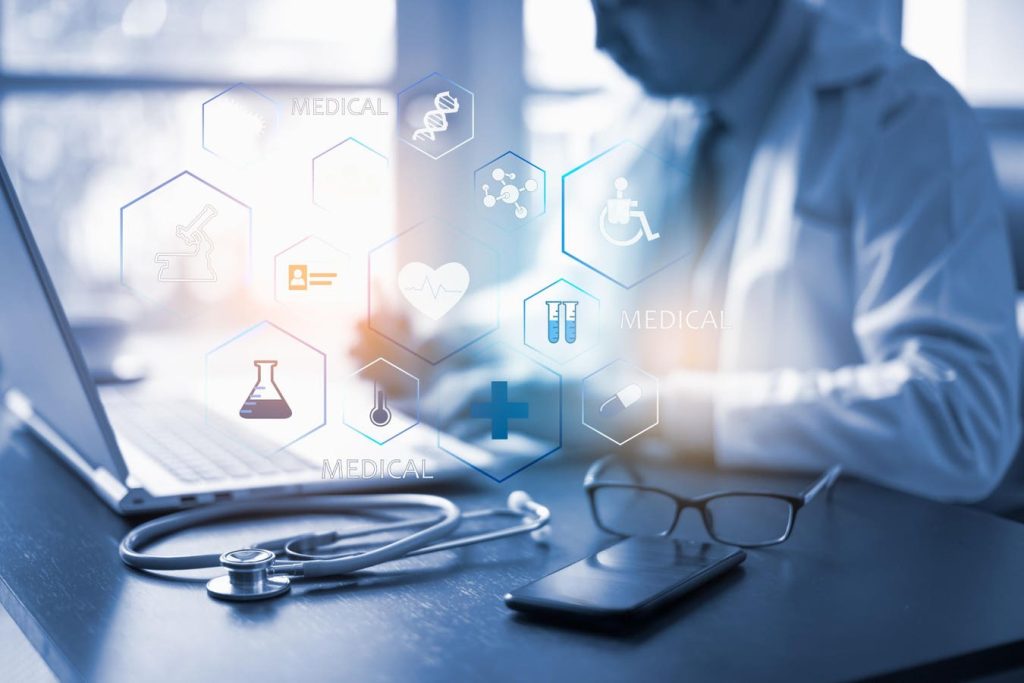Dr. Kamran Khan, an infectious disease physician and the CEO of BlueDot, highlights the need for businesses to consider the impacts of climate change on infectious diseases. The consequences of climate change extend beyond extreme weather events, affecting the spread of infectious diseases. Deforestation disrupts ecosystems, increasing the chances of human interactions with microbes from wild animals. Rising global temperatures also impact the geographical ranges of animals and insects, leading to the spread of diseases such as Lyme disease and dengue fever.
To address the risks posed by climate change and infectious diseases, organizations need to prioritize preparedness. Public health authorities and governments can take proactive measures to respond to future outbreaks by sending teams abroad to gain experience in managing unfamiliar diseases. The pharmaceutical and biomedical industries must adapt to the changing landscape of infectious diseases by conducting research, running clinical trials, and developing medical countermeasures.
Utilizing advanced data analytics and prediction models can help leaders quickly detect, assess, and respond to new disease threats. By detecting threats early, organizations can have valuable time to prepare and assess the potential impact of an outbreak. Taking measured actions, such as distributing protective equipment or enabling remote work during outbreaks, is crucial to building resilient organizations that can withstand the impacts of infectious diseases.
While machine intelligence plays a significant role in analyzing massive datasets, human expertise is essential in interpreting and applying the outputs of predictive models. By combining machine learning with human intelligence, organizations can transform data into actionable intelligence. It is crucial for businesses to strike a balance between the use of technology and human expertise to effectively prepare for and respond to future threats.
As climate change continues to impact the spread of infectious diseases, businesses and organizations must make infectious disease part of their risk assessment and planning. By anticipating and preparing for future outbreaks, companies can build resilient organizations that are able to withstand the impacts of climate change on public health. It is never too late to start preparing for future threats and improving response strategies to mitigate the risks associated with infectious diseases and climate change.


